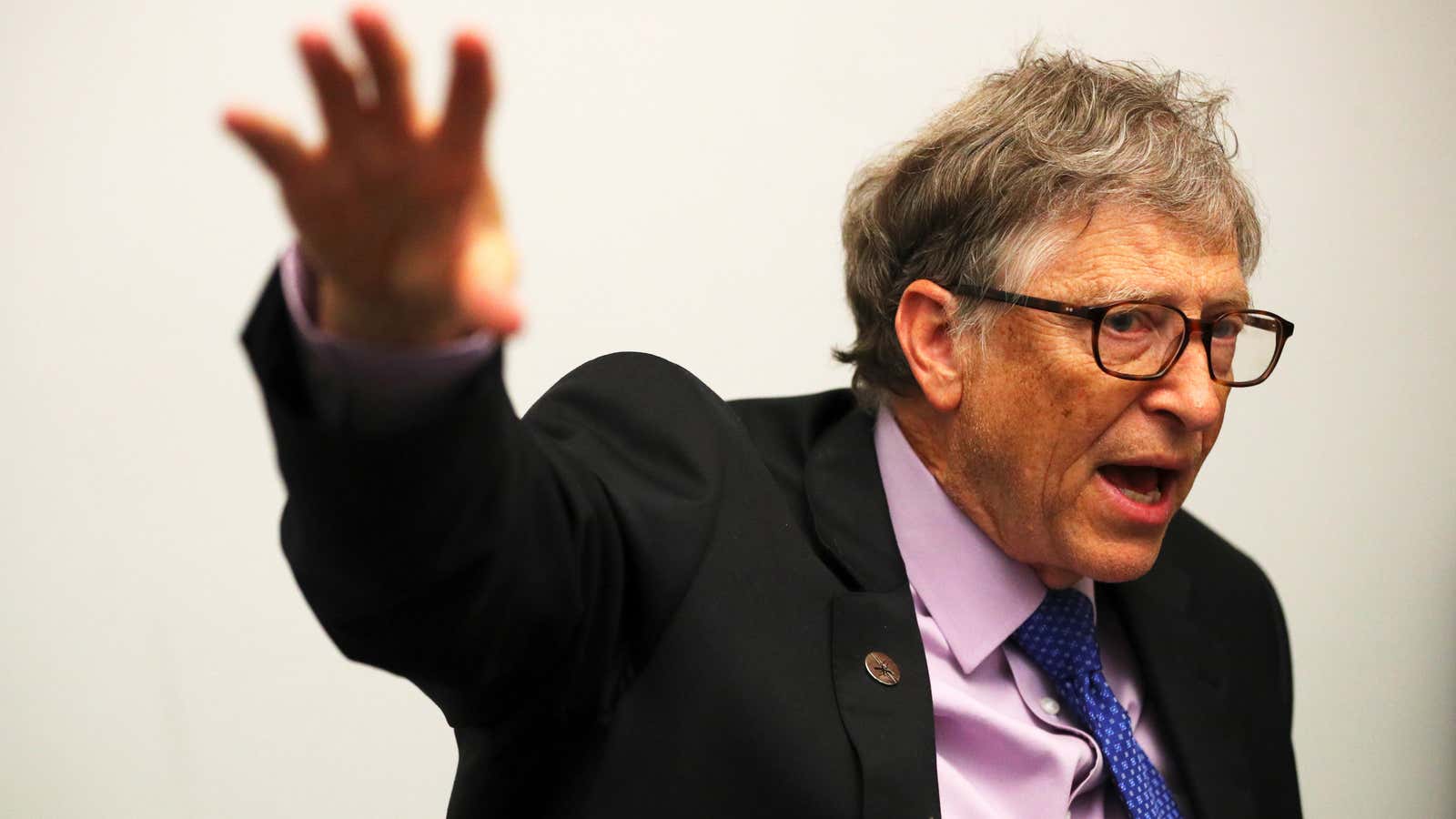The world’s leading economists, including one of the newest Nobel laureates, argue that a carbon tax is one of the most effective ways to fight climate change. A few states in the US deploy policies, such as a cap-and-trade system, to put a price on carbon, but none have implemented a direct “polluters-pay” tax yet.
That could change on Nov. 6, when the state of Washington will vote on initiative 1631. If it passes, the state will become the first in the US to levy a carbon fee on large emitters. The fee will be $15 per metric ton of carbon dioxide starting in 2020 and it will increase $2 every year plus inflation until the state hits its emissions-reductions goal. The state estimates that it will raise $2.3 billion in revenue in the first five years, which the state would be obligated by the new law to spend on various programs and projects related to the environment.
The campaigns against the ballot have raised a Washington state record of about $22.45 million as of Sep. 27, according to Associated Press. Almost all of that comes from oil companies, such as BP, Chevron, Phillips, and Andeavor. Shell doesn’t support 1631, but it said it won’t donate money to a campaign opposing it.
The campaigns for the ballot have raised about $7 million, including $1 million from former New York City mayor Michael Bloomberg. And now Bill Gates, whose home is in Seattle, is joining the debate. In a post last week on LinkedIn, he said he will vote for the initiative and will also contribute to the “Yes on 1631” campaign. A spokesperson for Gates declined to share details about the donation, including the amount.
“You may be skeptical about this idea. I know I was,” Gates writes. “How can one state make a difference on a global problem like climate change? And unlike some supporters of the initiative, I am not interested in attacking the companies that provide the affordable, reliable energy that keeps our houses warm, our cars on the road, and our economy humming. But I overcame my doubts.”
Here are the reasons why he supports the initiative:
- “1631 would help Washington become a hub for innovative work on clean energy and climate.”
- “Putting a price on pollution that causes climate change will create a clear market signal that will help drive adoption of the renewable sources of energy we can deploy today.”
- “1631 will help the biggest sources of Washington’s clean energy today—nuclear power and hydropower—stay competitive.”
- “It is true that any fee like this may drive up the price of energy. But 1631 specifically requires that 35% of revenues from the fee will go back to low-income communities hit hard by pollution.”
This is the second time that Washington is attempting to put a price on carbon. In 2016, the state failed to pass initiative 732, which would have levied a carbon tax. One major difference, though, is that initiative 732 would have used revenues from the carbon tax to reduce other taxes, whereas 1631 reinvests the money directly back into energy and environmental programs.
As David Roberts writes on Vox, initiative 732 might have failed because people “have trouble seeing a price on carbon as a good thing in and of itself (despite economists’ exhortations).” Roberts argues that when revenue is transparently used for the benefit of the state, as 1631 proposes, it’s more likely to gain widespread public support.
